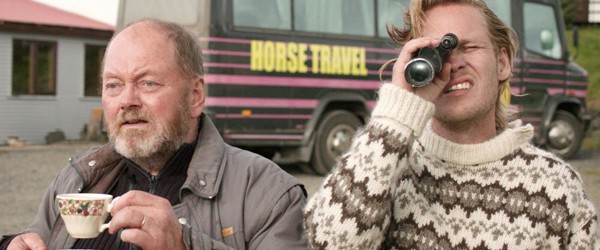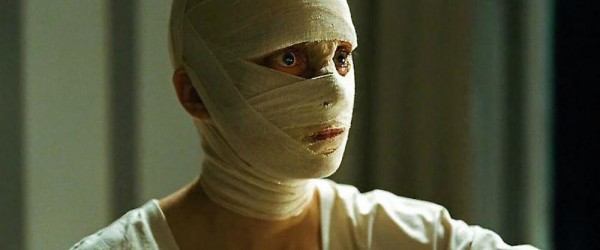
VIFF 2014 In Review: Part 2
Film, ReviewsPhoenix
Christian Petzold / Germany / 98 mins

Christian Petzold fans will not be disappointed by Phoenix, the German director’s latest film set in postwar Berlin, and based on the novel Le Retour des Cendres (Return from the Ashes) by Hubert Monteilhet. Nina Hoss plays Nelly Lenz, a disfigured concentration-camp survivor who undergoes reconstructive surgery, and prefers to call it a “recreation.” Nelly searches for her husband, Johannes (Ronald Zehrfeld), who notices a striking resemblance to his wife (presumed lost and dead), and so decides to take her home—as long as she continues to look and act like his wife. Recalling the inevitable entanglement of the personal and political in Fassbinder’s BRD Trilogy, particularly The Marriage of Maria Braun, Petzold’s trademark psychological complexity and deft control recreates an intimate, personal landscape of Berlin in ruins after the Second World War. Although Petzold’s films are typically contemporary, Phoenix would not be out of place beside his Gespenster trilogy—not simply because of Nina Hoss’ masterful acting and regular appearance in Petzold’s films, but because Petzold continues to be haunted by identities that arise from in-between states. Ultimately, Phoenix is an arresting, resonant film about a marriage and a city in ruins, and the unveiling of a grand self-deception—regardless of how many masks it takes—to acknowledge the reality of the past.
Of Horses and Men (Hross I Oss)
Benedikt Erlingsson / Germany, Iceland / 81 min

In rural Iceland, after leaving the house of a widower whom he admires, Kolbeinn (Ingvar E. Sigurðsson, who some might recognize from Friðrik Þór Friðriksson’s Angels of the Universe) proudly trots away on his white mare. His sexual interests are paralleled when his mare invites a black stallion, which mounts her—while Kolbeinn is still seated in the saddle. In the next storyline, Vernhardur (Stein Magnusson) takes his horse to sea toward a Russian freighter so that he can buy the best Vodka. And later, a Spanish tourist (Juan Estrada) borrows a horse from a German group on tour, but falls behind and becomes stranded in the snow. The resulting scene is easily one of the most memorable, refreshing, and shocking scenes at this year’s VIFF. Though relationships between humans and horses have been portrayed in literature and film before, such as in Sidney Lumet’s Equus (1977) and Robinson Devor’s documentary, Zoo (2007), dry humour, sprawling landscapes, and unswerving attention to perception makes Benedikt Erlingsson’s Of Horses and Men original and unforgettable. As the arc of each story begins with a character reflected in a close-up shot of a horse’s eye, Erlingsson’s emphasis on twinned perception encourages contrasts between the lives of horses and humans, creating a nuanced and deeply rewarding viewing experience.






















